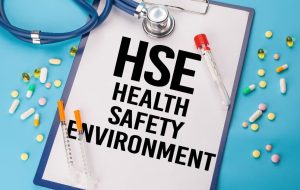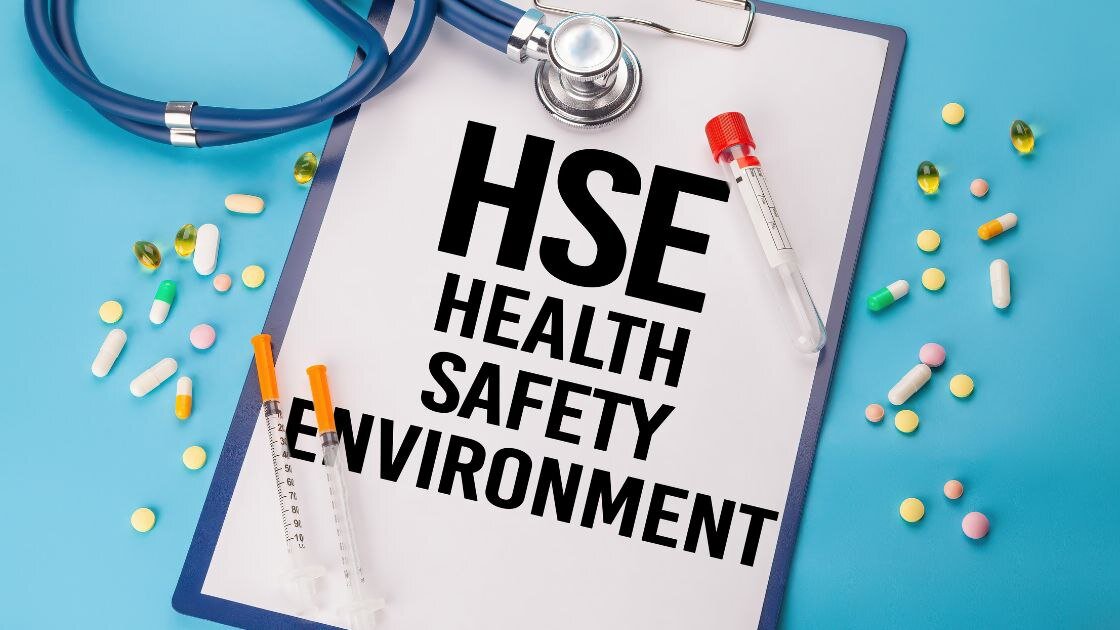Shiraz to host 1st national health, safety, environment festival
TEHRAN –The first national health, safety, and environment (HSE) festival is scheduled to be held on November 26 and 27 in the southern city of Shiraz, the capital of Fars province. Supported by the health ministry, Shiraz University of Medical Sciences will host the two-day event, the health ministry’s website reported. The festival mainly aims to


TEHRAN –The first national health, safety, and environment (HSE) festival is scheduled to be held on November 26 and 27 in the southern city of Shiraz, the capital of Fars province.
Supported by the health ministry, Shiraz University of Medical Sciences will host the two-day event, the health ministry’s website reported.
The festival mainly aims to highlight the implementation of immunization strategies by the health ministry to discuss and review challenges in the field of health, safety, and environment.
It also focuses on energy consumption management, employee and work environment health assessment, as well as the promotion of the health system’s resilience.
The festival is centered around sharing the best experiences and practices and showcasing the achievements of universities and faculties of medical sciences in establishing the HSE system. It also concentrates on exploring the existing challenges as well as solutions to address them.
CBS training to strengthen public health resilience
In September, the World Health Organization (WHO) in Iran implemented a community-based surveillance (CBS) training program to systematically detect and report public health events and promote public health resilience.
The World Health Organization’s office in collaboration with the Iranian Centre for Communicable Disease Control, the Health Promotion Department, and the Health Managers Development Institute of the Ministry of Health and Medical Education conducted the training of trainers (ToT) to improve both Iranian and refugees’ health.
The training was held on September 14. A total of 25 dedicated public health officers from the provinces of Sistan–Baluchestan, Hormozgan, Khorasan, Mazandaran, Gilan, Bushehr, and Kerman participated in the event, World Health Organization’s Eastern Mediterranean Regional Office (WHO EMRO) website announced in a press release on September 19.
The initiative, co-funded by the European Union, aims to build the capacities of health facilities, including outreach services, to better prepare and respond to public health emergencies and mitigate multi-hazards among refugee populations in the Islamic Republic of Iran.
By leveraging local networks, CBS aims to detect, respond to, and prevent public health threats.
During the training, participants learned about the importance of integrating CBS into existing surveillance systems, establishing well-defined reporting mechanisms, and implementing effective feedback channels.
The training highlighted how local engagement can lead to more timely and effective public health interventions. By empowering local communities and strengthening surveillance systems, WHO and its partners are taking proactive steps to promote public health resilience in the Islamic Republic of Iran. This collaborative effort underscores the importance of community engagement and capacity-building in safeguarding the health of populations.
Equipped with new knowledge and skills, the public health officers who participated in the ToT will train 1800 community health workers in their respective regions.
This cascade of training will result in the health system being better prepared to detect public health events early and assess the impact of interventions promptly.
By building on the existing capacities of frontline workers and creating a robust and responsive health surveillance system the initiative aims to improve the health and well-being of the Iranian and Afghan refugee populations.
MT/MG
